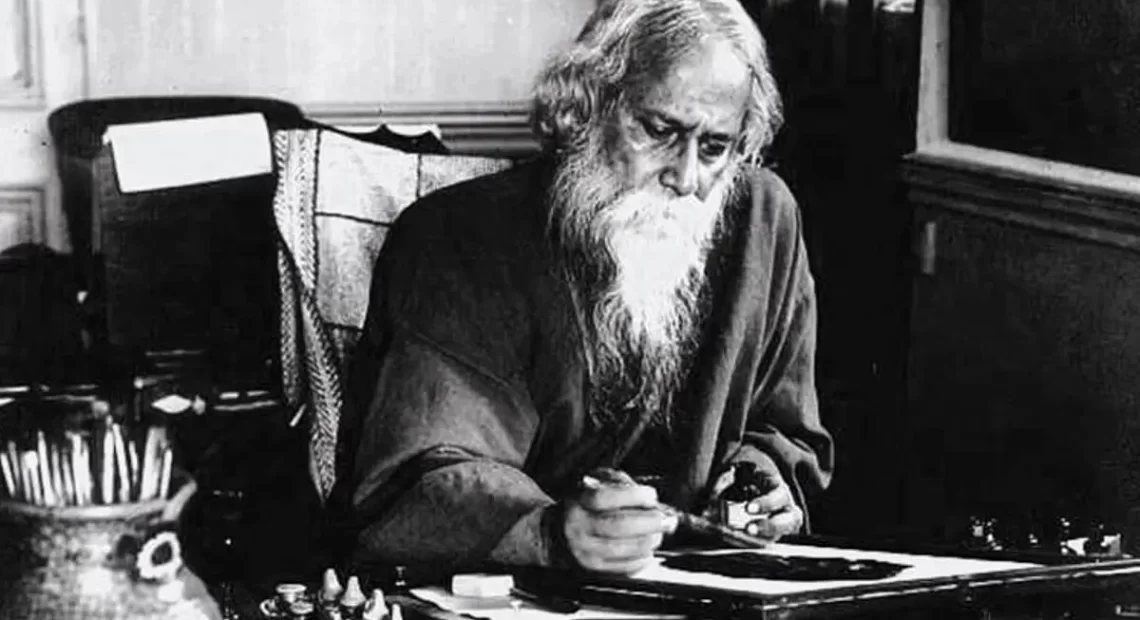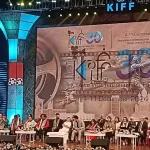Rabindranath Is the Second Best Known Figure in China Only after Their Lord Buddha

The Chinese might have the highest regard for Sakyamuni-better known as Buddha across the Globe. However, our great Nobel laureate poet Rabindranath Tagore is a very close competitor of him in China. Tagore is the second best-known and popular figure in China. He gets the highest reverence in China just after their Lord Buddha. It is evident in the words of Wang Bangwei of Peking University. He says, “In the background of over two millennia of China and India having been interconnecting, interacting, and learning from each other, the Nobel Laureate was closest to our times, real and intimate to us”. Tagore was the closest to Wang’s time and very intimate with him and his contemporaries.
According to him, “From Sakyamuni we have enjoyed more of a reverent godliness and from Tagore, we have enjoyed a tangible humanness that was noble and admirable”. Since ancient times, the people of China have paid their highest honour and warm regards to Buddha for his reverent godliness. They have learned how to take the right track in life from Buddha. From Rabindranath Tagore, they have learned how to be social, moral and human. They have enjoyed a tangible humanness and compassionateness of Tagore that was honourable and admirable to them.
His beauty-shaping power, creative genius, love for humans and nature and faith in Asian civilization saved Asia from the condemnation of demoralization in the Eastern Hemisphere. He solidified Asian art and literary culture. He personified the creative genius of Asians. His universal art values hope for the Indians, the intimacy of the Chinese and the tangible humanness of the Asians. Crossing the interface of nationality, racism and narrow religiosity, his art touches all Asians alike. All of them get equal joy and pleasure, considering it as their local art and culture.
Tagore was the first Asian who won the highest award the Nobel Prize for Literature in 1913 for his magnum opus, Gitanjali, a collection of poems written by him. Rabindranath Tagore subsequently translated it into English. The West came to know him for his translation of Gitanjali and later by some other translator like W.B. Yeats. During British rule in India and China regression, there was a lapse in their (Indian and Chinese) political and cultural spheres, stopping all creativity and producing an all-pervasive gloom in the national life, the poet’s song offerings in the form of Gitanjali took China and West by surprise. That time, Tagore visited China with a message of love, equality, and fraternity to inculcate the essence of the ties between the two countries. He was welcomed there and paid the highest respect by the Chinese.



















